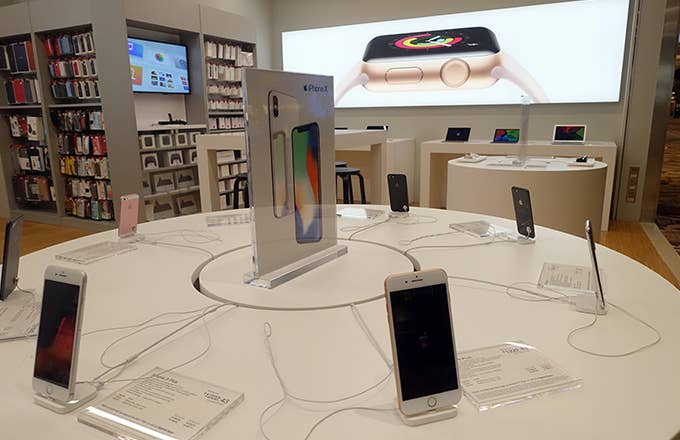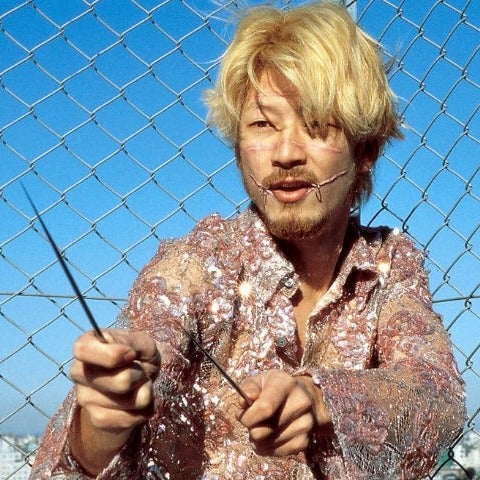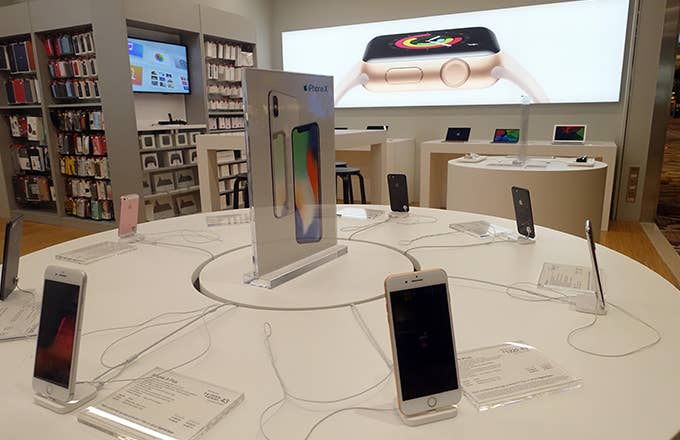
It's been an interesting 24 hours for two of the biggest mobile phone manufacturers in the world, with both Apple and Huawei receiving major setbacks. The Chinese government and Huawei are currently butting heads with the Canadian and United States government over the detainment of CFO Meng Wanzhou after she was accused of helping her company avoid U.S. sanctions on Iran. Apple, meanwhile, just had a good chunk of its iPhone sales in China banned.
As CNN reports, a Chinese court has banned the sale and import of most older iPhone models, further provoking the increasingly sour trade relations between China and the States. The ban currently does not cover the latest iPhones, such as the XS, XS Plus, or XR, but it does reportedly put the kibosh on the 6S, 6S Plus, 7, 7 Plus, 8, 8 Plus, and X.
The court granted the injunctions at the request of American microchip maker Qualcomm, which claimed Apple violated two patents in the now-banned models. The patent focuses on editing and resizing photos on phones as well as the management of apps via touchscreen. "If Apple is violating the orders, Qualcomm will seek enforcement of the orders through enforcement tribunals that are part of the Chinese court system," general counsel for Qualcomm Don Rosenberg said upon the announcement of the injunction.
In a statement protesting the decision, Apple said, "Qualcomm's effort to ban our products is another desperate move by a company whose illegal practices are under investigation by regulators around the world."
Apple has filed a request for a repeal. Qualcomm, meanwhile, has had a litany of legal issues in the past couple of years, with Apple involved in a number of them. Earlier this year, the European Commission fined the company approximately $1.2 billion for violating antitrust laws.

